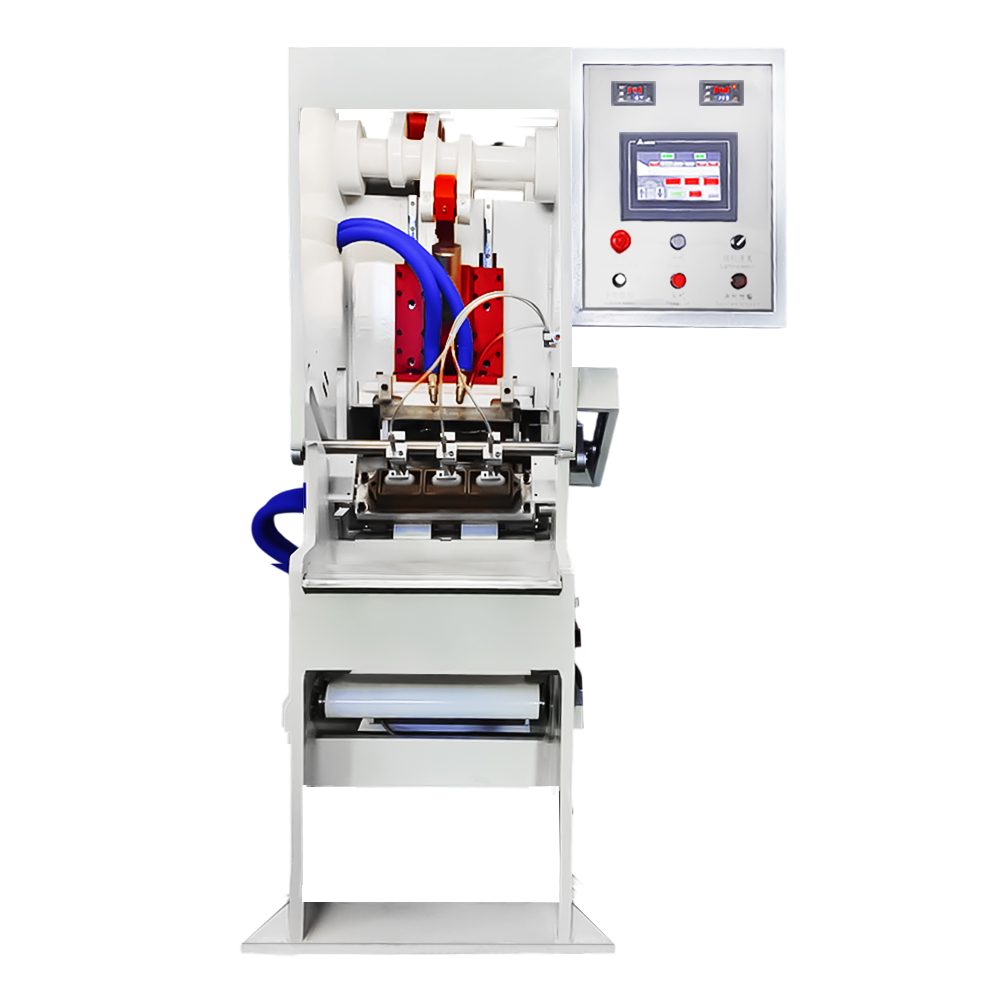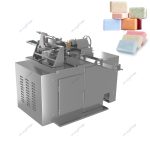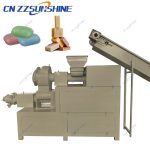When precision meets productivity in chemical manufacturing, industrial mixers become the heartbeat of your operation. These robust machines handle everything from viscous polymers to volatile compounds, ensuring uniform blending critical for product consistency. Unlike standard agitators, purpose-built industrial mixers for chemical processing incorporate advanced features like variable-speed drives, multiple impeller designs, and jacketed vessels for temperature control – essential for sensitive reactions or emulsion stability.
Key considerations drive mixer selection. High-shear mixing capabilities are vital for particle size reduction in suspensions or achieving rapid dispersion. For corrosive environments, material compatibility is non-negotiable; look for reactors and agitators constructed from Hastelloy, titanium, or specialized PTFE-lined options. Explosion-proof motors and intrinsically safe designs are mandatory when handling flammable solvents or combustible dusts, a critical safety aspect often overlooked.
Modern industrial mixers integrate seamlessly into automated processing lines. Programmable Logic Controllers (PLCs) allow precise recipe management, repeatable batch cycles, and data logging for quality assurance. This automation is crucial for complex chemical synthesis or large-scale production of adhesives, coatings, and specialty chemicals. Vacuum mixing capabilities are another advanced feature, essential for degassing high-viscosity materials like sealants or silicone compounds, preventing defects in the final product.
Beyond core mixing, the right configuration enhances efficiency. High-torque planetary mixers excel for thick pastes and high-fill applications, while homogenizers deliver intense shear for nano-emulsions. Powder induction systems prevent dusting and ensure complete wet-out of solids. Partnering with experienced manufacturers offering custom engineering is key. They can tailor the mixer’s capacity, power, material contact surfaces, and sealing technology (mechanical seals vs. gland packing) to your specific chemical process, raw material characteristics, and desired throughput. This optimization minimizes batch times, reduces waste, and ensures operator safety, directly impacting your bottom line.





